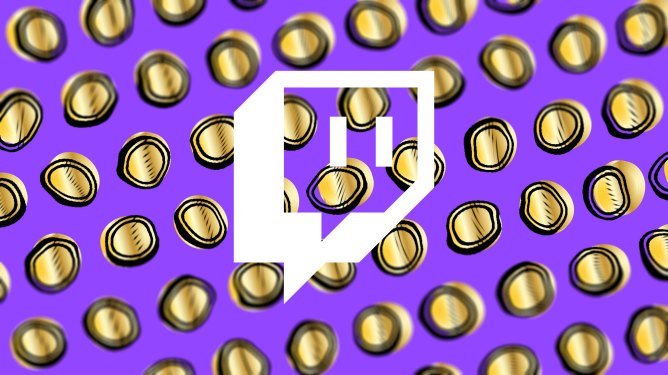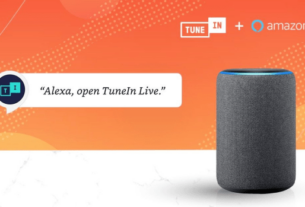
Twitch Backtracks on Branded Content Changes Following Streamer Backlash
Twitch Backs Off Sweeping Changes to Branded Content Guidelines
Yesterday, Twitch announced sweeping changes to its branded content guidelines, which dictate how streamers can display sponsorships, endorsements, and other paid promotions. The updates would have imposed intense restrictions on in-channel sponsorships, disallowing many popular ad formats that streamers commonly embed in livestreams.
However, the backlash was swift and loud, with big channels and smaller streamers alike slamming Twitch for the abrupt shift in branded content rules. Many creators viewed the changes as a way for the company to further insert itself between streamers and their sponsors, limiting their ability to earn income from streaming.
Twitch Reverses Course
Just one day after announcing the updates, Twitch is backing off. On Wednesday afternoon, the company released a statement saying that it would be removing the new branded content guidelines immediately.
"Yesterday, we released new Branded Content Guidelines that impacted your ability to work with sponsors to increase your income from streaming," the company wrote. "These guidelines are bad for you and bad for Twitch, and we are removing them immediately."
Sponsorships are critical to streamers’ growth and ability to earn income. We will not prevent your ability to enter into direct relationships with sponsors – you will continue to own and control your sponsorship business.
The Backlash Against Twitch
The changes would have imposed intense restrictions on in-channel sponsorships, disallowing many popular ad formats that streamers commonly embed in livestreams. The updates were set to go into effect in less than a month — on July 1.
Many creators viewed the changes as a way for Twitch to further insert itself between streamers and their sponsors, limiting their ability to earn income from streaming. Some of the backlash came from top streamers, who pointed out that the new rules would have had a significant impact on their ability to make money on the platform.
- Asmongold, a popular streamer, took to Twitter to express his frustration with the changes: "I don’t say it lightly but I think this is a legitimate situation where streamers should consider boycotting Twitch or moving to other platforms. Making common and harmless forms of advertisement literally against ToS so Twitch can monopolize more of streamers income."
- Aura, another popular streamer, pointed out the confusion surrounding the 3% limit on display ads: "I was curious and sure enough, the example image @twitch gives in its new branded content guidelines is not even compliant with its own rules lol. It should be 3% but the example provided is 5%. I’ve overlayed in pink the correct ratio."
The Economics of Streaming
Sponsorships are critical to streamers’ growth and ability to earn income. Because the economics of streaming aren’t actually that favorable to creators, most serious streamers rely on ads and sponsors to fill that monetization gap.
Twitch takes a 50% cut of creator earnings through its standard revenue sharing agreement, but isn’t able to get a piece of the lucrative deals that streamers negotiate with sponsors and advertisers. This has led many creators to view Twitch’s sudden changes to the branded content guidelines as an attempt by the company to further insert itself between streamers and their sponsors.
Twitch’s Revenue Share Model
Twitch takes a 50% cut of creator earnings through its standard revenue sharing agreement, but isn’t able to get a piece of the lucrative deals that streamers negotiate with sponsors and advertisers. This has led many creators to view Twitch’s sudden changes to the branded content guidelines as an attempt by the company to further insert itself between streamers and their sponsors.
The Impact on Streamers
The updates would have had a significant impact on streamers’ ability to earn income from streaming. Many creators rely heavily on sponsorships and other forms of revenue generation, and the new rules would have limited their options for doing so.
Some of the backlash came from top streamers, who pointed out that the new rules would have had a significant impact on their ability to make money on the platform. The updates were set to go into effect in less than a month — on July 1.
Conclusion
Twitch’s sudden changes to its branded content guidelines sparked a loud and swift backlash from the streaming community. The company has since backed off, removing the new guidelines immediately. However, the controversy highlights the ongoing tension between Twitch and its creators over revenue generation and monetization. As the platform continues to grow and evolve, it will be interesting to see how Twitch addresses the concerns of its streamers and navigates the complex economics of streaming.
Additional Reading
- Twitch’s Revenue Share Model: A look at how Twitch takes a 50% cut of creator earnings through its standard revenue sharing agreement, but isn’t able to get a piece of the lucrative deals that streamers negotiate with sponsors and advertisers.
- The Economics of Streaming: An exploration of the economics of streaming and why sponsorships are critical to streamers’ growth and ability to earn income.
Sources
- "Twitch Backs Off Sweeping Changes to Branded Content Guidelines" by TechCrunch
- "Asmongold on Twitter"
- "Aura on Twitter"
This article is for informational purposes only. It should not be considered as investment advice or a solicitation to buy or sell any securities.






